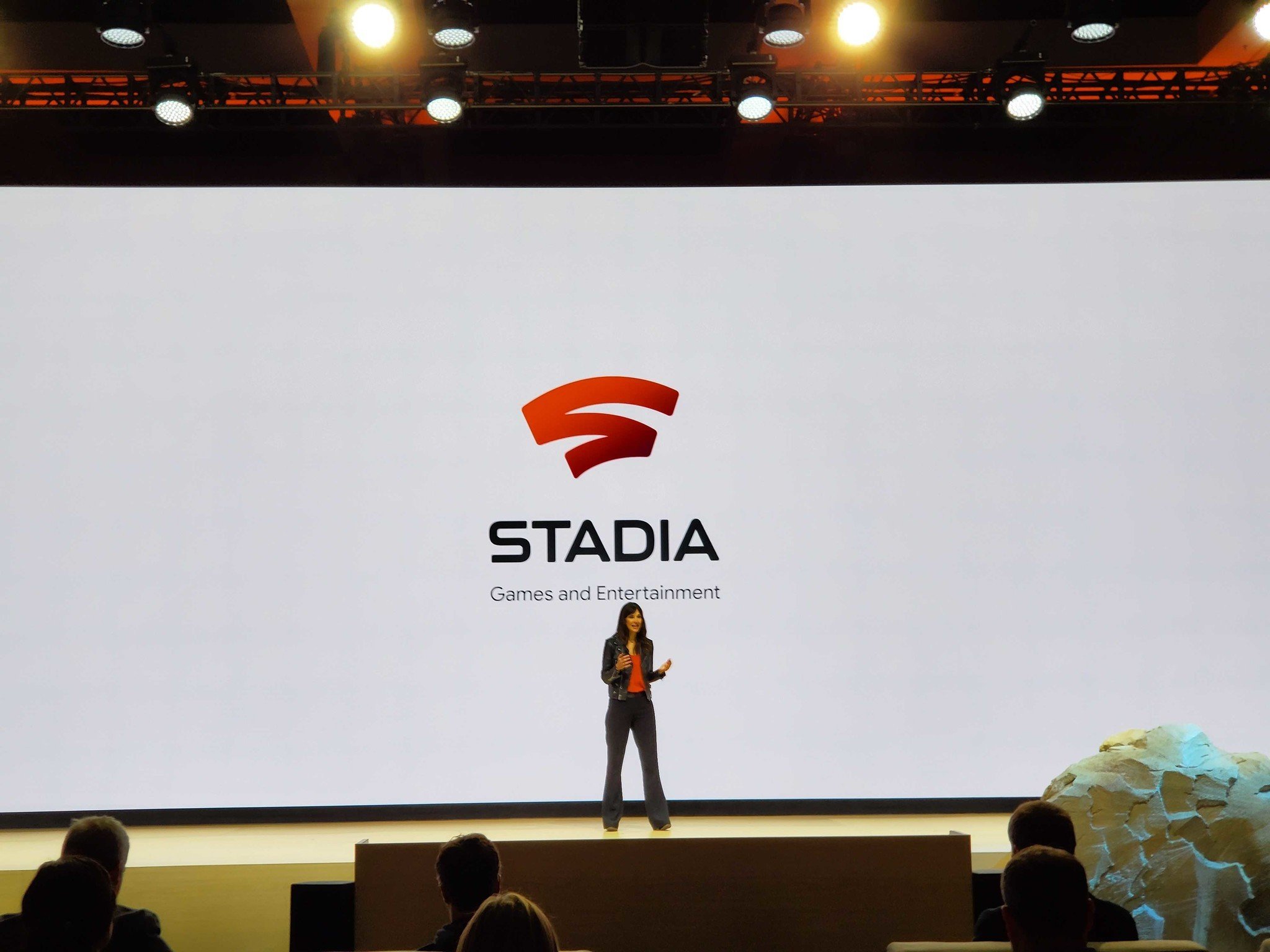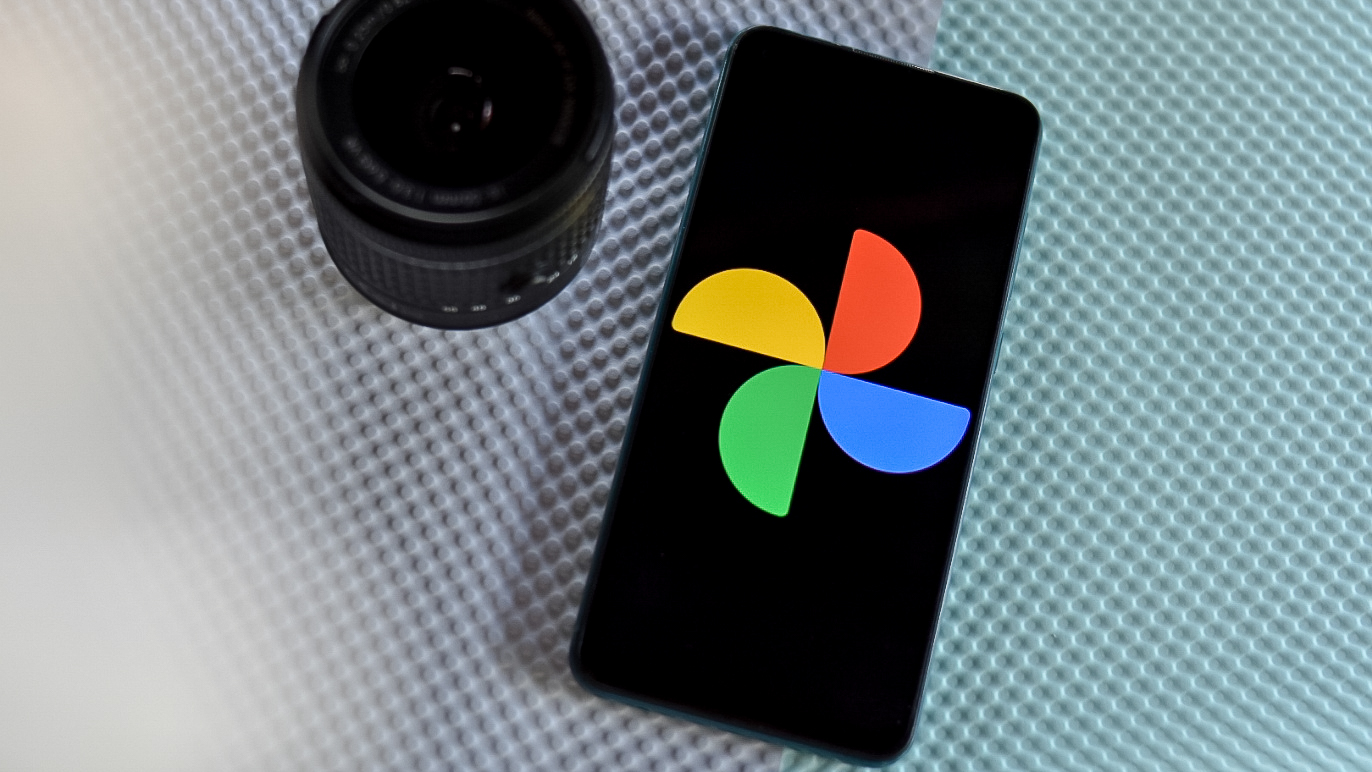Google's Stadia brings more to worry about than just the technical details

While you're reading this, there's a good chance I'll be playing Far Cry 3. If you aren't up to date on all things Far Cry — shame on you — the third installment in the series went on sale in late 2012. Yes, it's a game that is seven years old but I still like to play it. A lot of other people do, too, if you go by its online community presence.
Playing a game from 2012 is easy because I have a disc that has everything needed to install and run it. Even if I didn't have a physical copy, it's still available to buy via a digital download that should, according to an agreement between you and the publisher, stay around forever. Just download it and press the play button, whether it be for PC, PlayStation, or Xbox. This is one of gaming's existing "features" that Google Stadia could potentially disrupt and that's worrisome.
Google is good at solving technical issues; not so much when it comes to user experience issues.
We've all read a bunch of words about how Stadia can or will fail due to technical limitations. Users will need a certain amount of bandwidth for an enjoyable experience, and even though Google says it has things sorted out, we start crunching numbers and see how they don't add up; the typical American just doesn't have the internet connection to handle it. I'm not worried about this and think Google can pull it off.
For starters, the typical American probably does have the bandwidth to stream a game from Google. Not a 4K HDR stream, but one that's "good enough" for an average person. Enthusiasts and internet pundits seem to forget that most people play games casually and a 720p stream of a favorite or new title will satisfy. Some will hit a data cap or find that they just can't play because of poor internet, but most will do just fine. And most is what Google is aiming for here; the company knows it can't get Stadia into every home even if it wants to.
Internet issues aren't a problem if you're willing to spend, and Google is.
Latency issues could be handled by Google having small data center installations all over the place. Latency is as big a part of the experience as the visuals are, and Google's Stadia developers know it. Nobody wants to hit a button and wait for a game to do something. You can fix this by having a huge pipe for data or by putting a server closer to the end user. Google has the cash and the know-how to do both better than anyone.
It won't be difficult for Google to get millions of eyeballs on Stadia, and there's a very good chance that it will be good enough to keep a lot of them engaged. While we don't have all the details about pricing or any sort of subscription model, my money says that's exactly what it will be — pay Google X dollars per month to play all your favorite games from developers that got on board the Stadia train. And that's the part of the whole thing that worries me.
Once you turn anything into a recurring monthly subscription service it makes more money for the companies involved in delivering the service. At least it does if it's a successful service like streaming music or video. Netflix or Spotify aren't charities; both make a ton of money by delivering content that's good enough to millions and millions of subscribers. Google knows this, as do the companies that develop and distribute games. There is a reason Sony has been trying to push a similar idea and Microsoft plans to go all-in with the next Xbox. That reason is cash.
Get the latest news from Android Central, your trusted companion in the world of Android
I don't want a company like EA telling me when I can play a game I love. Neither should you.
The problem here isn't that I want to be able to play all the old games that clutter my hard drive. I'll still have them if gaming turns into a subscription model and can play them whenever I like. But what about the next Far Cry or Elder Scrolls game? If you're not a fan of either, insert your favorite franchise here and ask the same question. Imagine Bethesda or EA or any other AAA gaming studio turning down a way to make even more money by not developing on the subscription model. That's not going to happen, and that means you only get to play a game when the publisher decides you get to play it.
I'm not privy to any of the market research that was done before Stadia was built, but I'll bet it shows that the scenario I describe could happen. Every business wants to make money and there are better ways to do it than selling discs or digital downloads. Google could kick things off and create a new gaming ecosystem that's only good for the businesses involved. That puts gamers at their mercy and I don't want to go there.
More: Stadia hands-on: Big gaming promises and lots of unanswered questions

Jerry is an amateur woodworker and struggling shade tree mechanic. There's nothing he can't take apart, but many things he can't reassemble. You'll find him writing and speaking his loud opinion on Android Central and occasionally on Threads.
